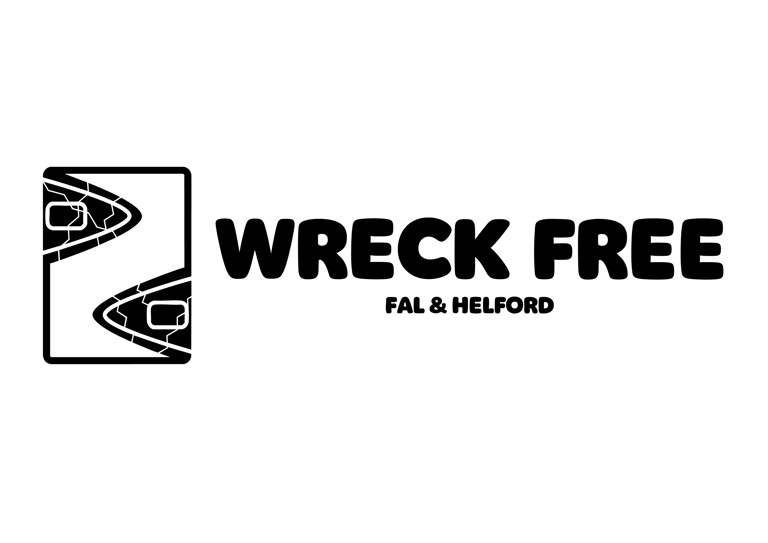UK boat scappage companies
Clean Ocean Sailing Fal and Helford
Marine and Boat Recycling West Devon
Gilpin Demolition Marine Newton Abbot
Marine GRP Recycling (waste to energy) Plymouth
Responsible Boat Disposal Plymouth and Ipswich
Boat Breakers and Boat Scrapyard Gosport
Research and press coverage
Practical Boat Owner Article on the challenge of end of life boats and some great examples of how harbour authorities around the UK are dealing with it, as well as researchers and companies working on uses for GRP (June 2025).
Langstone Harbour - BBC article (Oct 2025) on Langstone Harbour's efforts to clear over 100 wrecked and abandoned boats.
Sustainability considerations for end-of-life fibre-reinforced plastic boats An academic paper by Ruadan Geraghty, Jasper Graham-Jones, Richard Pemberton, John Summerscales, Simon Bray. Published in Regional Studies in Marine Science (April 2025).
Report on End-Of-Life Management of Fibre Reinforced Plastic Vessels by Dr Simon Bray for the UN International Maritime Organisation. An excellent referenced literature review of the scale of the problem globally, disposal and recycling options and policy measures needed.
Welsh Government funded project to deal with abandoned boats on the Dee Estuary
South Hams District Council funded R&D project to dismantle, recycle and upcycle an end of life boat working with Blue Parameters, Creekside Boatyard and South Devon College.
Guernsey looks at ways it could recycle end of life boats
Alderney Habour to remove abandoned boats
University of Brighton Centre for Aquatic Environments (Dr Corina Ciocan) have made a film about the environmental problem of end of life boats and people around the world tyring to do something about it.
This Yachting Monthly article provides a summary of the scale of the problem and current options for recycling GRP. Better options may be coming but at the moment the options are landfill, incineration (although the glass fibre element has no calorific value and creates bottom ash) and co-processing in cement production.
RYA Green Blue on end of life boats
RYA on the scale of the problem
British Marine estimates there are over 1million pleasure craft in the UK.
Truro Harbour Authority Powers
Truro and Penryn harbours bylaws and the Harbours, Docks and Piers Clauses Act 1847 and Harbours Revision Order 2023:
•Abandoning vessels is prohibited with penalty of up to £1,000.
•Harbour Authority has the powers to remove wrecks at 48hrs notice, charge owners the cost, and sell abandoned vessels if they have a value. The Harbour Authority can destroy a vessel with 14 days notice.
•Harbour Authority can levy charges to cover future costs.
Similar powers are granted to Harbour Authorities in the Merchant Shipping Act 1995 Section 252. British Ports Association has published guidance on exercising these powers.
RECOVERING COSTS DEPENDS ON BEING ABLE TO TRACE THE OWNER, HAVING THE RESOURCE TO ENFORCE THE PENALTY, AND THE OWNER BEING ABLE TO PAY.
Wreck action groups around the world
Georgia Straight Alliance (Canada)
Lobbying to strengthen legislation around abandoned vessels and calling for:
•Proper ownership records and clear licensing of pleasure vessels, along with insurance with end-of-life requirements.
•Legislation that will mandate owners to dispose of their vessels in an environmentally sound way and penalize those who fail to do so.
•Incentives and support for owners who want to get rid of their vessels responsibly, such as by providing them with disposal options like “turn in your boat” programs.
•Coordination and collaboration among government agencies and Indigenous governments, as well as environmental groups and community organizations.
•Education and awareness campaigns that will inform the public about the impacts of derelict vessels and how to prevent them
The Dead Boats Disposal Society – British Columbia
A not-for-profit society dedicated to inventory, assessment, testing, removal and disposal of dead boats, abandoned on our shores, beaches and marine habitat in the Province of British Columbia, Canada.
